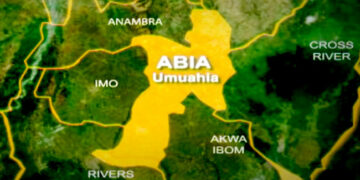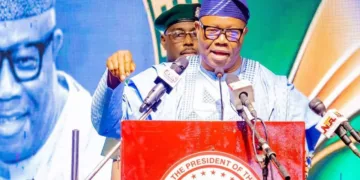A group under the aegis of the 1st Citizens Engagement Conference has described President Bola Ahmed Tinubu’s ongoing oil and gas reforms as a renewed approach to harnessing Nigeria’s vast energy potential, and capable of driving sustainable economic growth and industrial development.
Speaking at the North-west edition of the conference held in Kaduna yesterday, the co-convener, Mallam Nasir Abdulquadri, said the reforms are creating new opportunities for investment across the country.
“These reforms are steering our economy toward long-term sustainability while creating opportunities for investment, refinery rehabilitation, and modular refining”.
He identified the Petroleum Industry Act (PIA) 2021 as the backbone of the reforms, noting that it established the Nigerian Upstream Petroleum Regulatory Commission (NUPRC) and the Nigerian Midstream and Downstream Petroleum Regulatory Authority (NMDPRA), thereby ensuring clarity and transparency in regulation.
“For the first time, clarity in regulation is driving investments and fostering growth across the sector”.
The conference also highlighted the administration’s gas development agenda, which seeks to convert Nigeria’s abundant gas reserves into a catalyst for industrialization, while host communities benefit through the Host Community Development Trusts (HCDTs).
Abdulquadri urged Nigerians to engage constructively in governance, promoting transparency and accountability while supporting national progress.
He further cited landmark projects such as the Dangote Refinery as evidence that the reforms are paving the way for energy independence and renewed national confidence.
In his paper presentation titled “Amplifying President Bola Tinubu’s Hope Agenda Through Excellence in Regulatory Frameworks and Upstream Oil & Gas Performance as Catalyst for Sustainable Economic Prosperity Beyond 2027,” Prof. Usman Muhammed of Kaduna State University described the PIA 2021 as a historic milestone capable of transforming Nigeria’s oil and gas sector.
He urged Nigeria to emulate resource-rich nations such as Norway and Saudi Arabia, which have successfully diversified their economies through prudent management of oil resources.
“These reforms are not just about fuel or finance; they represent renewed confidence in Nigeria’s ability to evolve, reform, and achieve national renewal”.





